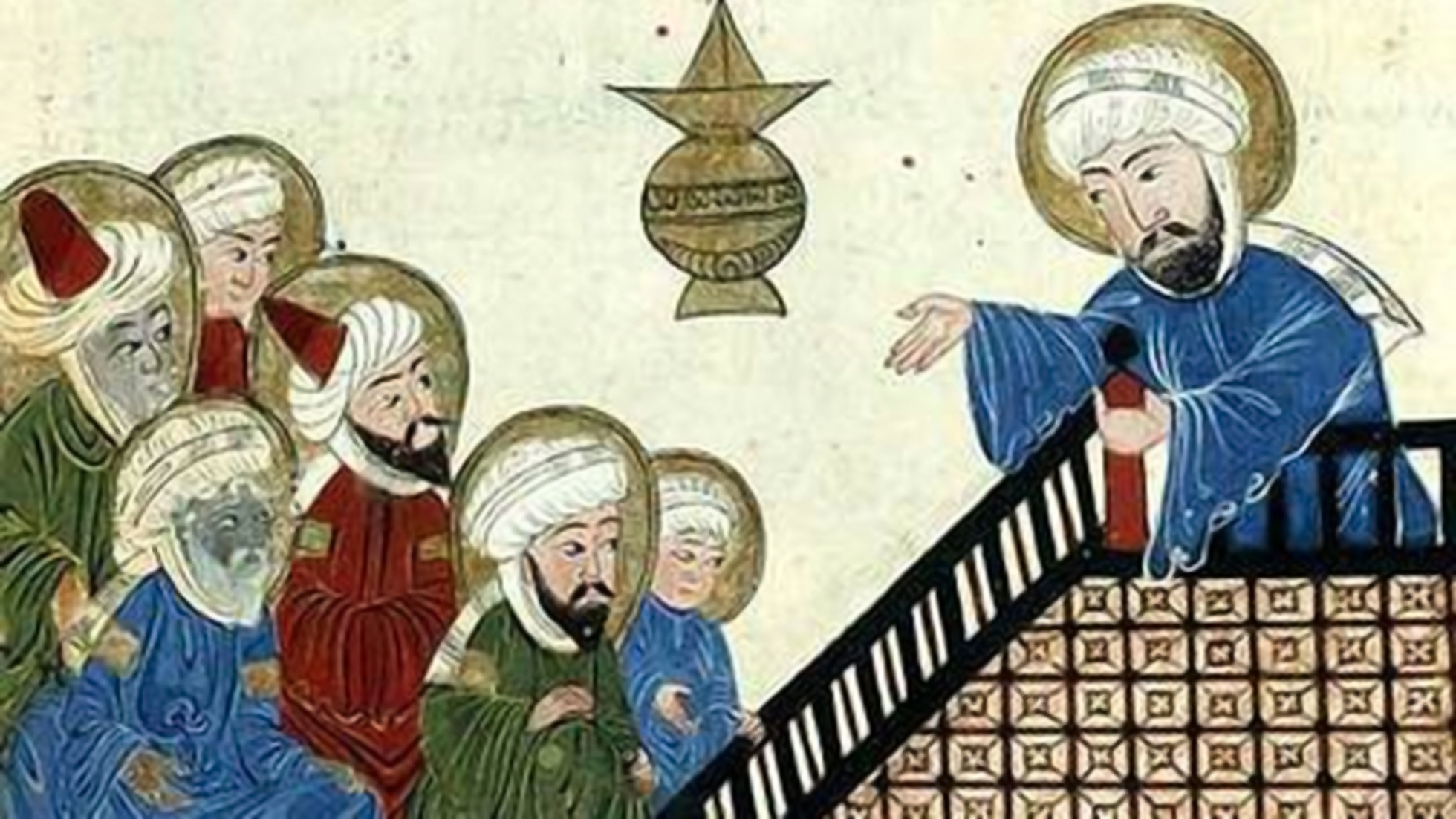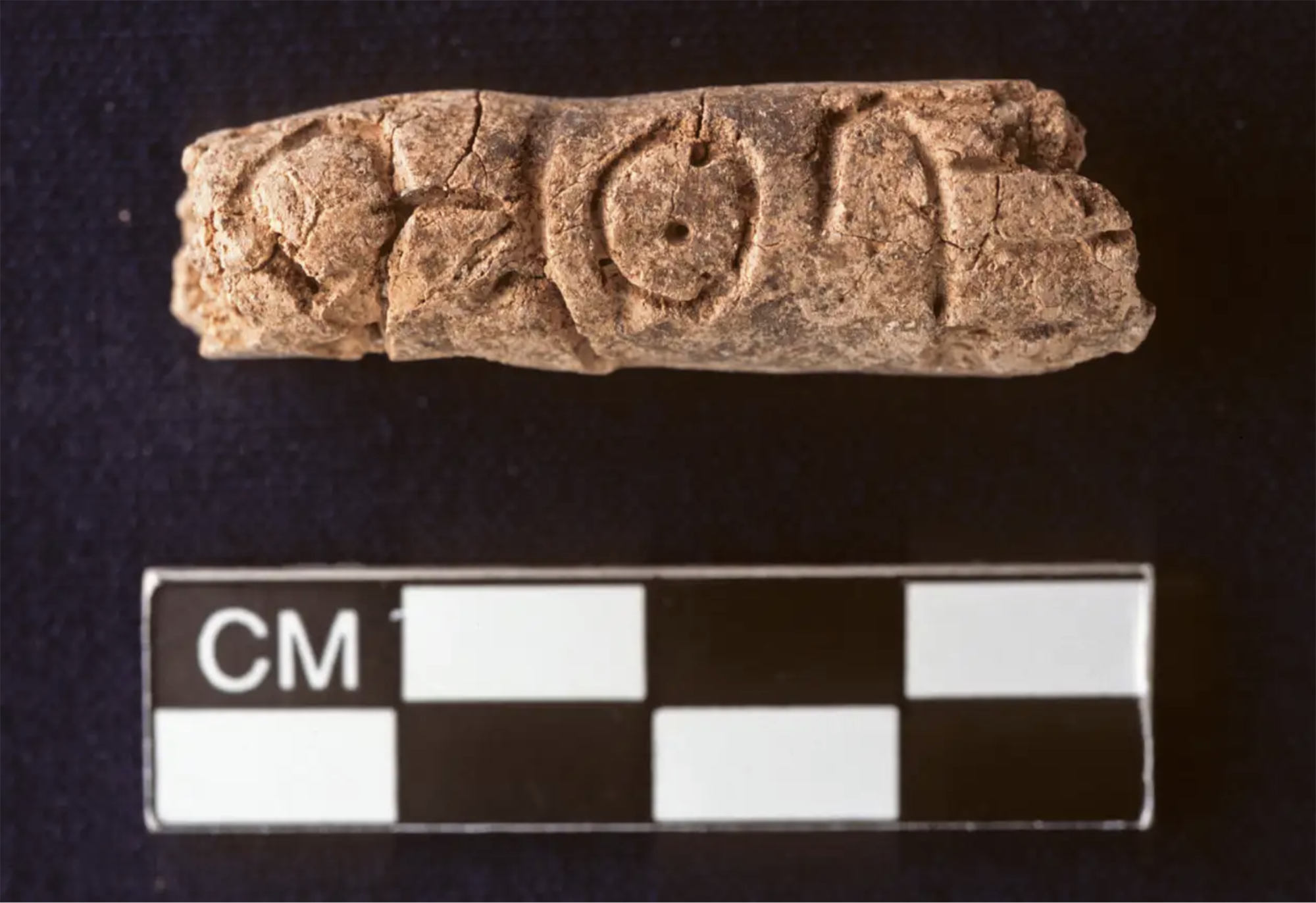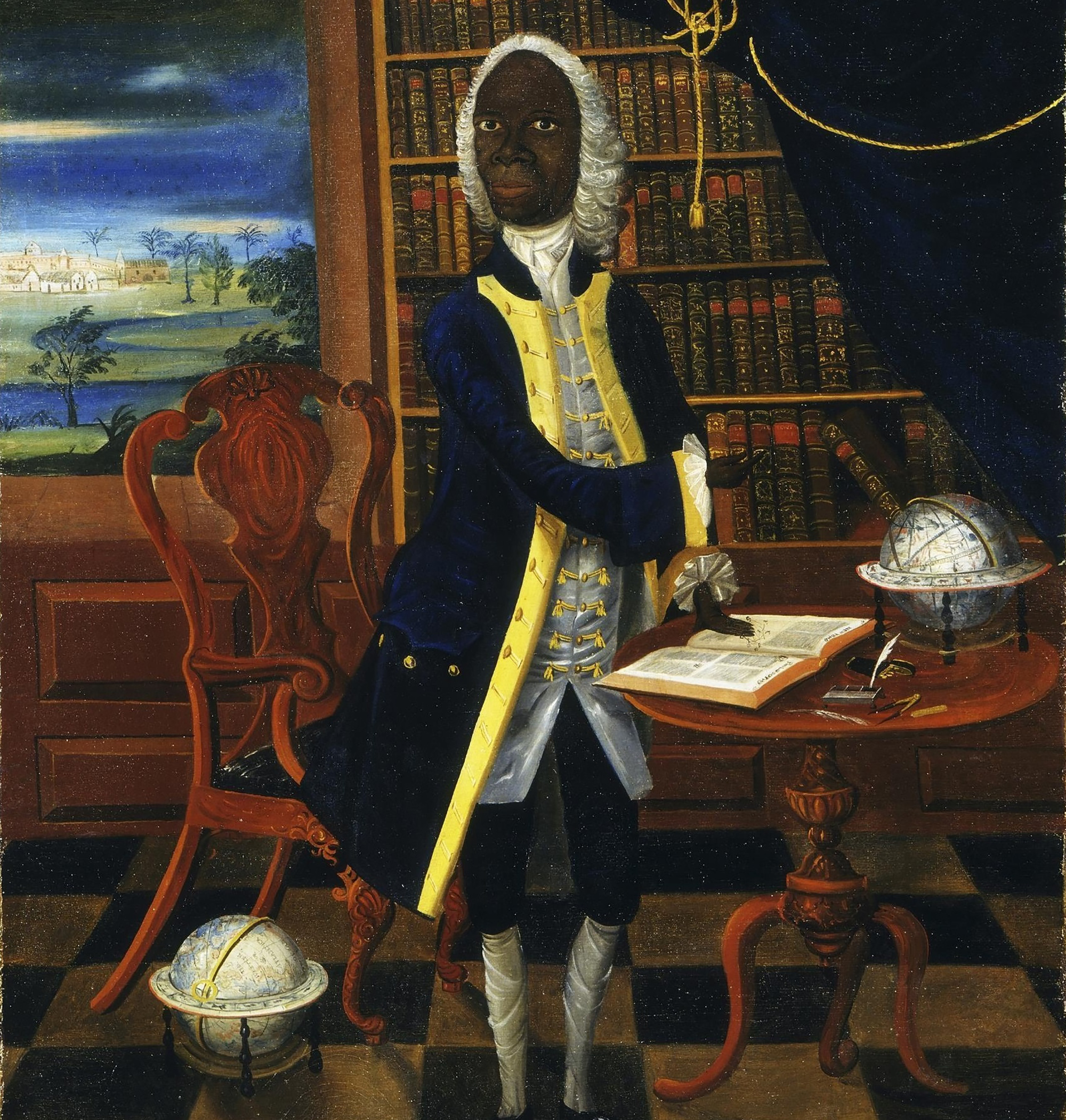Drought watered Islam
- Although the Himyar kingdom controlled the south of the Arabian Peninsula in the sixth century, the Ethiopians of the kingdom of Axum appropriated themselves when a severe drought suffered during that century placed their irrigation system upside down. In this grave situation, the Islamists proved this possibility of conquering fertile lands and expanding their faith.

Arabian Peninsula, first half of the sixth century. The Ethiopians of the kingdom of Axum conquered and eliminated the prosperous Himyar kingdom that controlled the peninsular south. Until then, the Himys controlled the commercial routes between the Indian Ocean and the Red Sea, but the wealth of the kingdom was based especially on agriculture, specifically on a large and sophisticated irrigation system. Islam would take full advantage of the power vacuum left by the decline of the Himyar kingdom in the next century.
If the few archaeological remains of the Himyar fail to respond, geological remains have been studied, specifically Stalagmites of the Al Hoota cave in Oman
The sudden crisis of the kingdom attributed by the chronicles of the time to the drought of the early 6th century has recently been confirmed by a group of researchers from the University of Basel. If the few archaeological remains of the Himyar fail to respond, geological remains have been studied, specifically Stalagmites of the Al Hoota cave in Oman. Because the thickness of stalagmites depends on the amount of water falling on them and the progressive degradation with time of uranium atoms from stalagmites, Swiss researchers have been able to complete the exact chronology of the precipitation of the time, as explained in the journal Science.
Since the year 520, Himyar suffered violent and long droughts. The agriculture on which the State was based collapsed and hunger invaded the entire territory. The crisis of the powerful kingdom destabilized the whole of Arabia. And tribes and small kingdoms started fighting each other, and drought was added to a war. At the beginning of the seventh century, the situation of the Arabs was serious and then Mohammed offered them a hopeful alternative. The newly created Islam brought them faith and unity, as well as the possibility of conquering fertile lands outside the peninsula. The drought perfectly prepared the area to sow the seed of Islam.
In 2017, Indonesia and the Netherlands signed an agreement to return the heritage stolen by the European country because of colonialism for three centuries. The Indonesian responsible for the return process, Gusti Agung Wesaka Puja, explained that this agreement "was important in... [+]
Greece 1975. The country began the year as a republic, three weeks earlier, in the referendum on 8 December 1974, after the citizens decided on the end of the monarchy.
A decade earlier, in 1964, when King Paul I died, his son Constantine took the throne at the age of 23.
But... [+]
Copenhagen, 18 December 1974 At 12 noon a ferry arrived at the port, from where a group of about 100 Santa Claus landed. They brought a gigantic geese with them. The idea was to make a kind of “Trojan Goose” and, upon reaching the city, to pull the white beard costumes... [+]
Tennessee (United States), 1820. The slave Nathan Green is born, known as Nearest Uncle or Nearest Uncle. We do not know exactly when he was born and, in general, we have very little data about him until 1863, when he achieved emancipation. We know that in the late 1850s Dan... [+]
New York, 1960. At a UN meeting, Nigeria’s Foreign Minister and UN ambassador Jaja Wachucu slept. Nigeria had just achieved independence on 1 October. Therefore, Wachuku became the first UN representative in Nigeria and had just taken office.
In contradiction to the... [+]
Researchers at Johns Hopkins University have discovered several cylinders with inscriptions at the present Syrian Reservoir, the Tell Umm-el Marra. Experts believe that the signs written in these pieces of clay can be alphabetical.
In the 15th century a. The cylinders have... [+]
London 1928. At the Victoria and Albert Museum there was a very special painting: in the painting there is a black man, with wig and Levite, surrounded by books and scientific instruments. Thus it was catalogued in the Museum: “Unique satirical portrait representing a failed... [+]
Ethiopia, 24 November 1974. Lucy's skeleton was found in Hadar, one of the oldest traces of human ancestors. The Australian hominid of Australopithecus afarensis is between 3.2 and 3.5 million years old.
So they considered it the ancestor of species, the mother of all of us. In... [+]
A group of archaeologists from the University of Berkeley, California, USA. That is, men didn't launch the lances to hunt mammoths and other great mammals. That was the most widespread hypothesis so far, the technique we've seen in movies, video games ...
But the study, published... [+]
Zamora, late 10th century. On the banks of the Douro River and outside the city walls the church of Santiago de los Caballeros was built. The inside capitals of the church depict varied scenes with sexual content: an orgy, a naked woman holding the penis of a man… in the... [+]
Born 7 November 1924. A group of anarchists broke into Bera this morning to protest against the dictatorship of Primo de Rivera and to begin the revolution in the Spanish state.
Last October, the composition of the Central Board was announced between the displaced from Spain... [+]
A group of interdisciplinary researchers from the Free University of Berlin and the Zuse Institute have developed a complex mathematical model to better understand how Romanization spread in North Africa.
According to a study published in the journal Plos One, the model has... [+]
Washington (EE.UU. ), 1807. The US Constitution banned transatlantic slave trade. This does not mean that slavery has been abolished, but that the main source of the slaves has been interrupted. Thus, slave women became the only way to “produce” new slaves.
So in 1845, in... [+]
Japan, 6 and 9 August 1945, the United States launched an atomic bomb causing tens of thousands of deaths in Hiroshima and Nagasaki; although there are no precise figures, the most cautious estimates indicate that at least 210,000 people died at the end of that year. But in... [+]

























